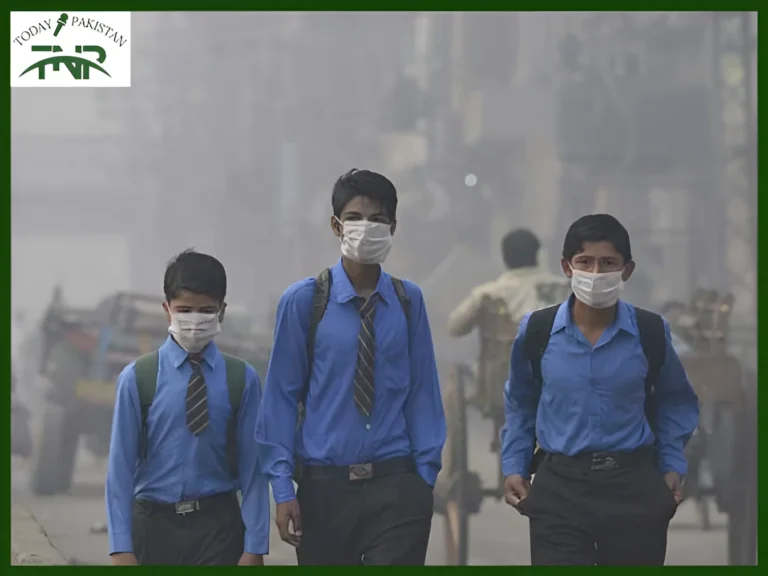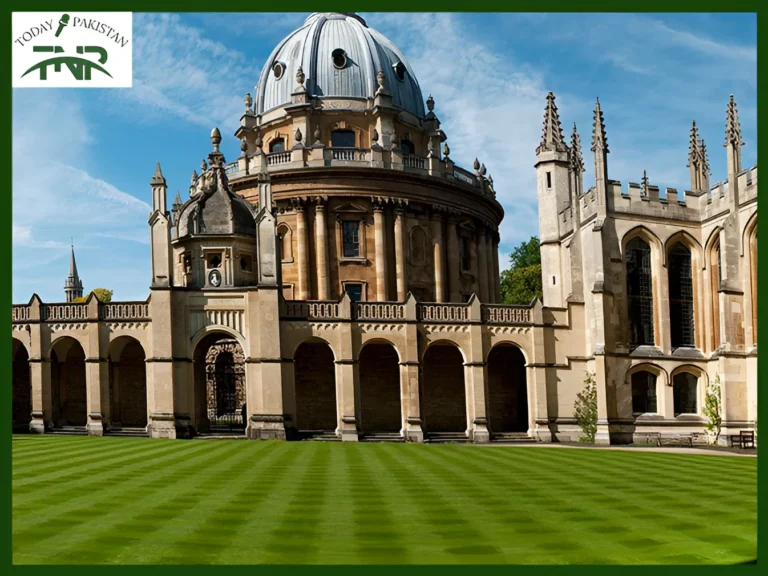Pakistan faces an essential gap among the abilities of its workforce and the demands of the current labor market. With youth unemployment rates high, specifically in less evolved regions, there’s an urgent need for technical training that aligns with enterprise necessities. In reaction, the European Union (EU) and the British Council have taken a major step closer to addressing this trouble by partnering to set up 4 Centers of Excellence (CoEs) in Khyber Pakhtunkhwa, Balochistan, and Gilgit-Baltistan. These centers aim to equip the youngsters with modern-day talents, assisting bridge the gap between education and employment.
A Strategic Partnership to Modernize Vocational Training
Under the EU’s Global Gateway program, this collaboration between the EU, Germany, and the British Council specializes in improving Pakistan’s Technical and Vocational Education and Training (TVET) sector. By transforming selected TVET institutes into Centers of Excellence, these regions will benefit from present day centers, modernized curricula, and highly skilled instructors. This upgrade will make certain that training programs are directly aligned with the modern-day and future demands of the hard work marketplace, supplying young Pakistanis with the capabilities they want to secure meaningful employment.
The project is co-funded via the EU and Germany, with the German development agency GIZ and the British Council taking charge of implementation. This initiative is being accomplished in close coordination with Pakistan’s National Vocational and Technical Training Commission (NAVTTC), reflecting a broader country wide attempt to improve young people’s employability and promote inclusive growth.
Signing Ceremony Highlights Commitment
The formal settlement for the creation of these Centers of Excellence was celebrated at a signing ceremony attended by key officials. Among the distinguished figures had been the Secretary of Education for the Ministry of Federal Education and Professional Training, Mohyuddin Ahmad Wani, and the EU Deputy Ambassador, Philipp Oliver Gross. Provincial authorities officials from Khyber Pakhtunkhwa, Balochistan, and Gilgit-Baltistan, alongside senior representatives from NAVTTC and the TVET Sector Support Programme, additionally participated.
Read More Blogs:-
TPakistan’s Rice Exports Surge by Nearly 100% in First Two Months of FY25
rade Policy 2025 to be Announced Soon: Commerce Minister
During the event, Abdul Karim Tordher, Special Assistant to the Chief Minister of Khyber Pakhtunkhwa for Industries, Commerce, and Technical Education, expressed his deep appreciation for the EU and German tasks. He emphasized that these facilities would become hubs of innovation, presenting local youth an opportunity for research, improvement, and future employment.
Empowering Youth, Especially Women
A notable element of the initiative is its recognition of empowering young women. Deputy EU Ambassador Philipp Oliver Gross stressed the importance of providing possibilities for girls to thrive in traditionally male-dominated sectors. “Pakistan’s youth, specifically women, are its maximum precious asset. We must create spaces wherein they are able to develop the capabilities needed to make a contribution meaningfully to the country’s economic growth,” he said.
The Centers of Excellence are designed to sell gender inclusivity in technical education, making sure that each woman and men can benefit from the upgraded training programs and pursue careers in fields like engineering, manufacturing, and generation.
Bridging the Skills Gap Across Pakistan
The Centers of Excellence are anticipated to set new benchmarks for technical training in Pakistan, in particular in underdeveloped provinces like Khyber Pakhtunkhwa, Balochistan, and Gilgit-Baltistan. These areas have long struggled with limited right of entry to modern vocational training, which has contributed to better rates of youth unemployment. By introducing up-to-date curricula and present day facilities, those centers aim to close the competencies gap and assist the youngsters with better jobs.
The centers can even function as hubs for teacher training, making sure that instructors are properly-versed within the contemporary technological improvements and teaching methods. Additionally, they may offer space for research, innovation, and business incubation, growing an environment that fosters entrepreneurship and practical learning.
A Bright Future for Pakistan’s Youth
In her feedback, Balochistan’s Minister for Education, Raheela Durrani, recounted the transformative potential of those facilities, specifically in a vicinity wherein academic infrastructure has been missing. “This is a prime breakthrough for Balochistan’s youth, who will now have to get admission to the identical level of technical training as students in more advanced areas,” she said. Similarly, Chief Secretary of Gilgit-Baltistan, Abrar Ahmad Mirza, expressed his optimism that the Centers of Excellence would extensively enhance youth employment and financial improvement within the vicinity.
With these 4 Centers of Excellence at the horizon, Pakistan is poised to make enormous progress in growing a skilled workforce capable of meeting the demands of each local and international market. As the project moves ahead, it guarantees to deliver tangible benefits to the country’s economy by means of unlocking the potential of its young people, riding innovation, and fostering sustainable growth.
Get Curated Post Updates!
Sign up for my newsletter to see new photos, tips, and blog posts.







